Sol LeWitt Before Minimalism
Sol LeWitt (1928-2007) was a pioneering figure in the establishment of Minimalism and Conceptualism during the postwar era. He studied art at Syracuse University and moved to New York City to pursue a career in illustration in 1953, after serving in the Korean War.
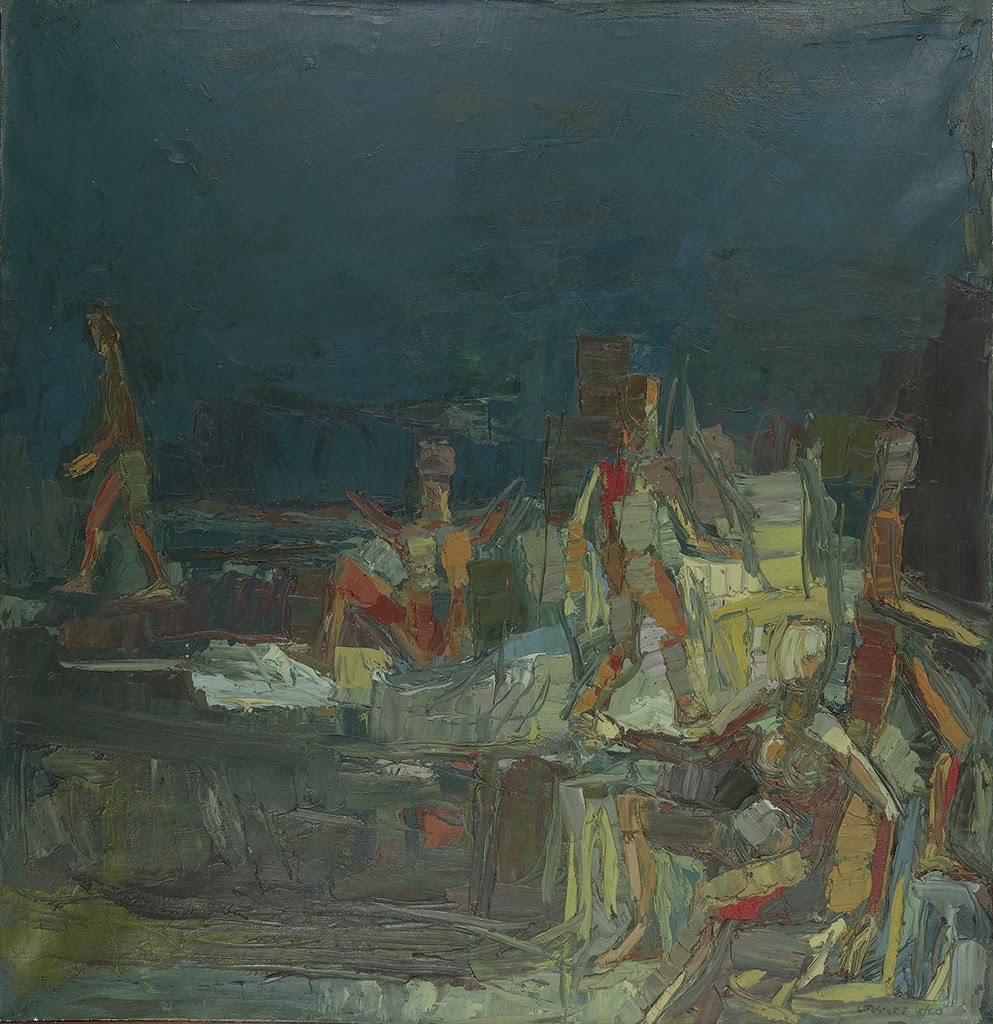
LeWitt began his career during the decline of Abstract Impressionism, and spent some time in search of his artistic identity. A stint as a graphic designer in the architectural office of I.M. Pei, followed by a job at the book counter at the Museum of Modern Art, were extremely influential on Lewitt’s development as an artist. While working at MoMA, he met artists Robert Mangold and Dan Flavin who were also searching for a mode of expression unlike the overly individualistic, gestural works of the AbEx movement.
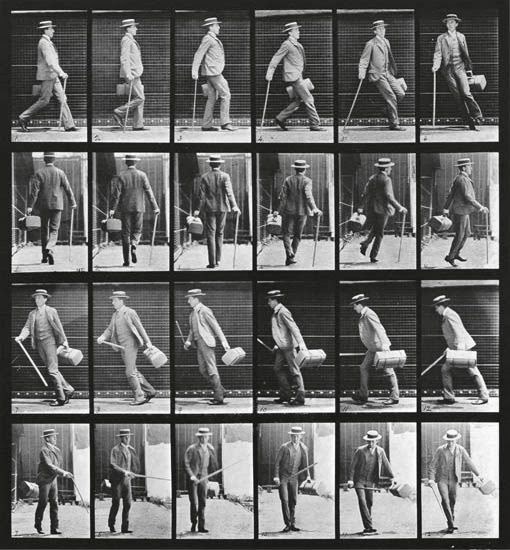
LeWitt’s early painting style was influenced by the photography of Eadweard Muybridge, known for his late 1880s series of images of people and animals in motion. Lot 65 in Swann’s November 14 auction of Contemporary Art, Figures in a Landscape, is undoubtedly one of these interpretations of Muybridge’s moving figures, rendered in thick oil paint, 1960.
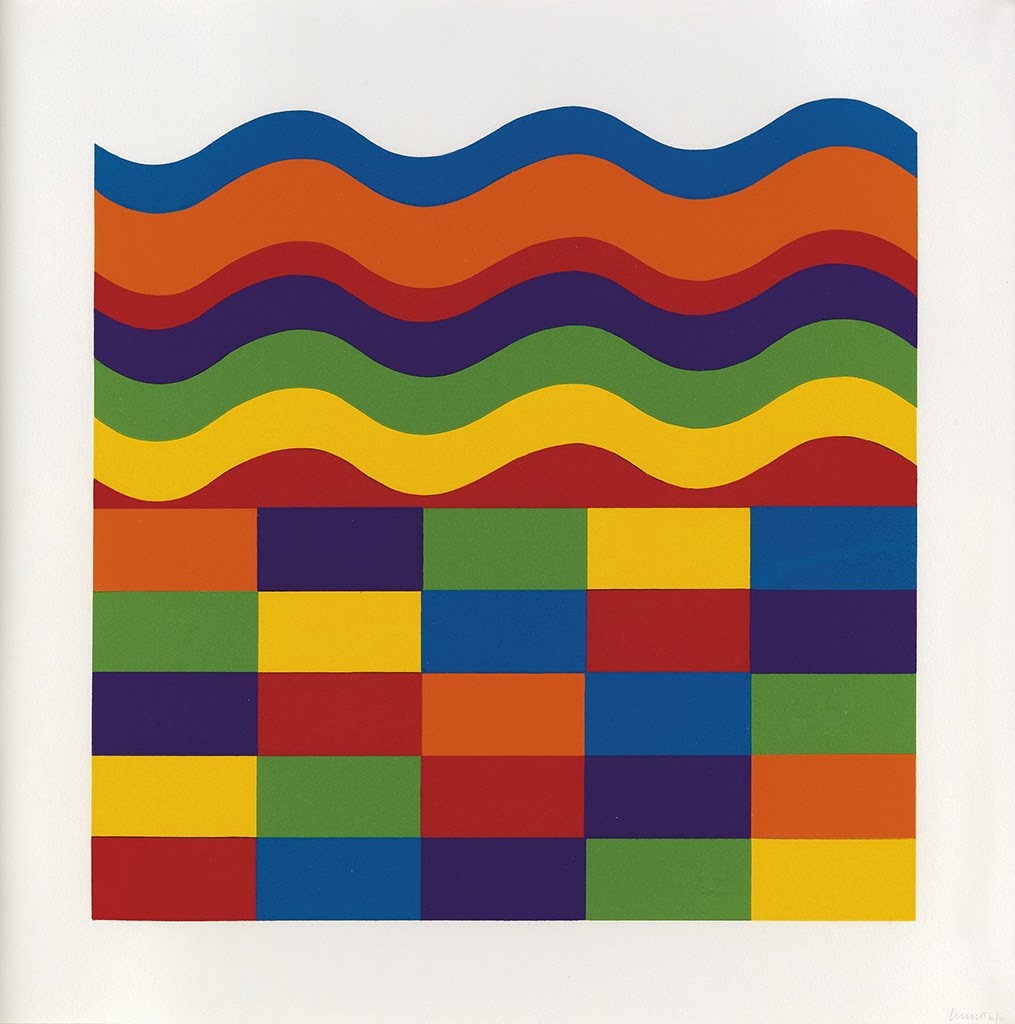
color linoleum cut, 1999
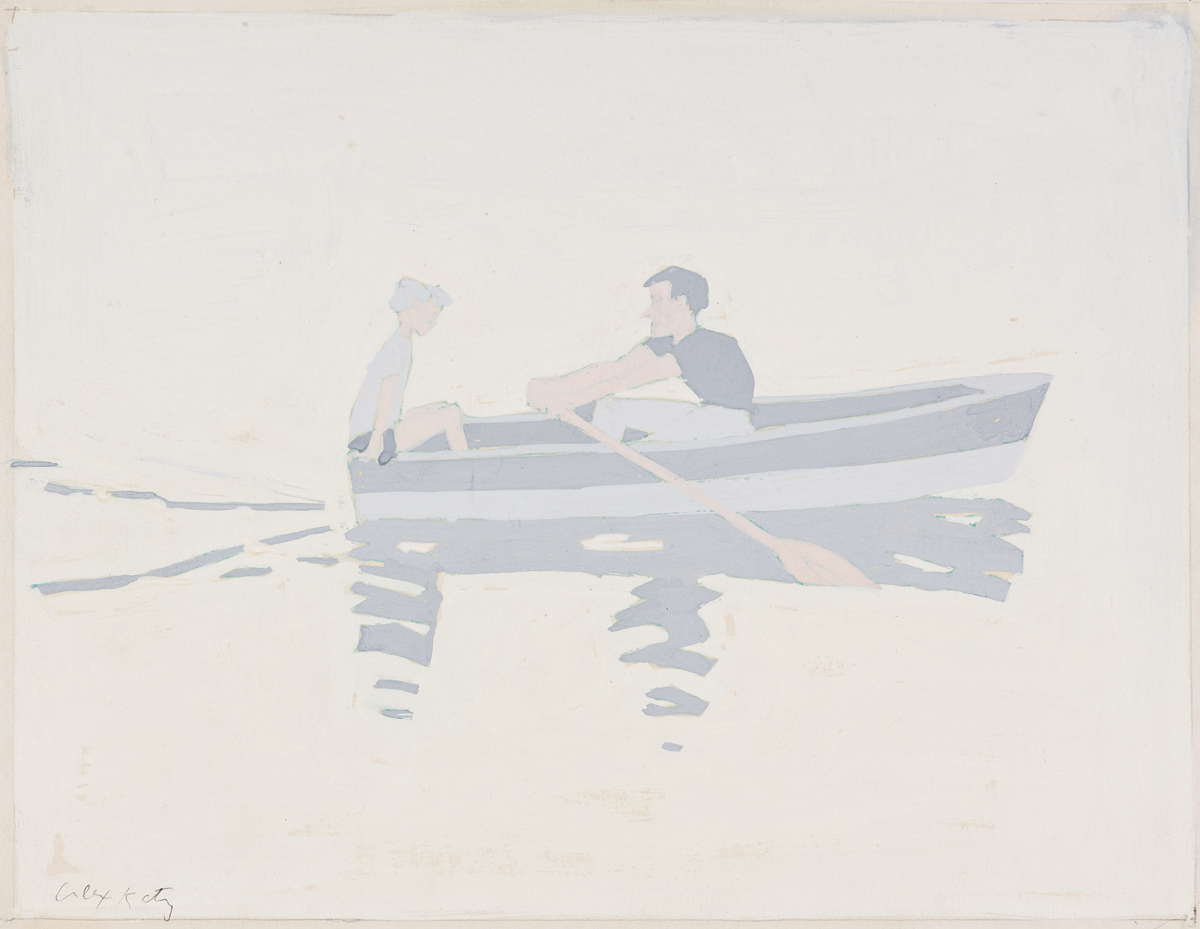
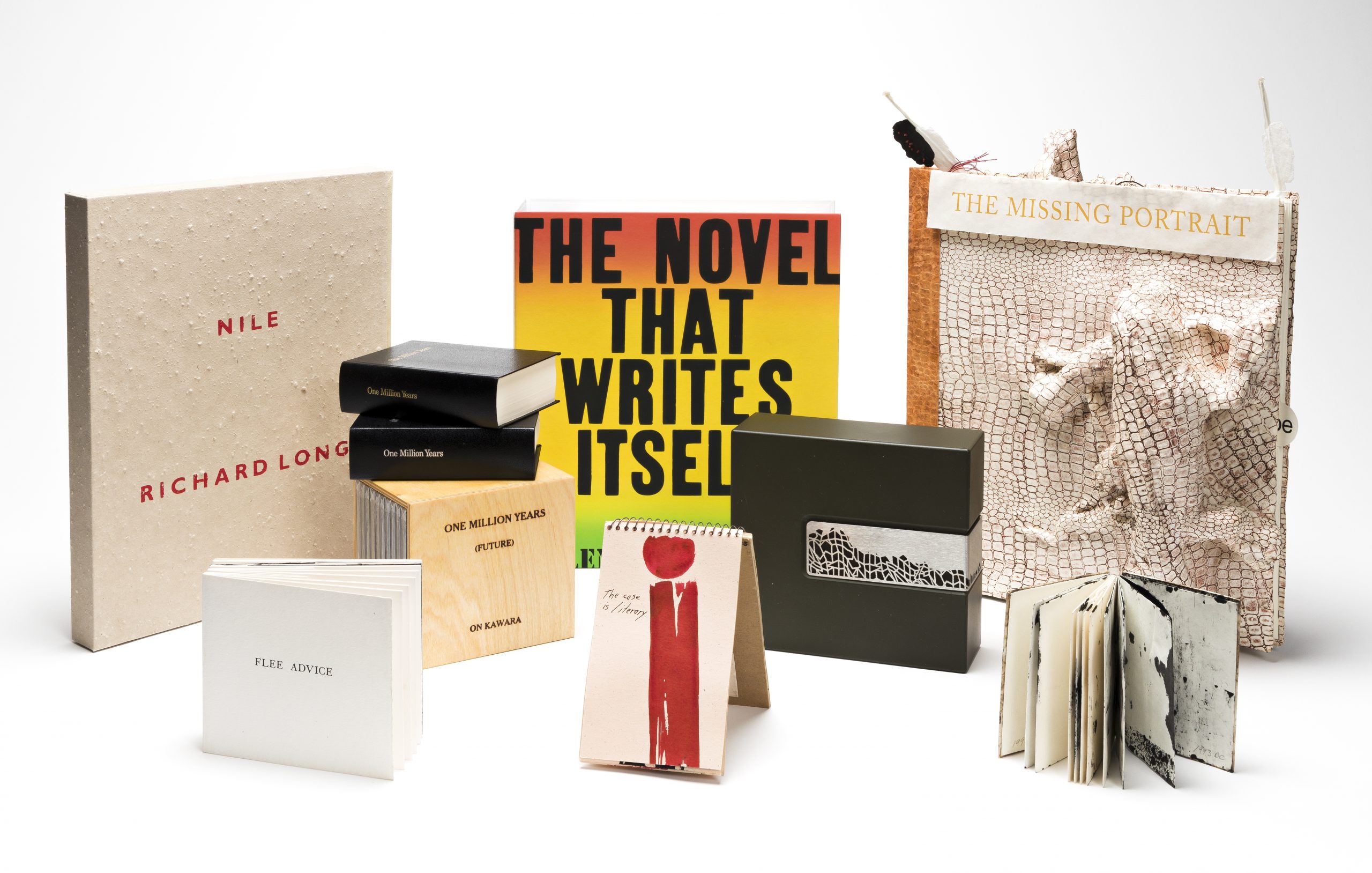
















 Pictured here is Marvin Newma
Pictured here is Marvin Newma